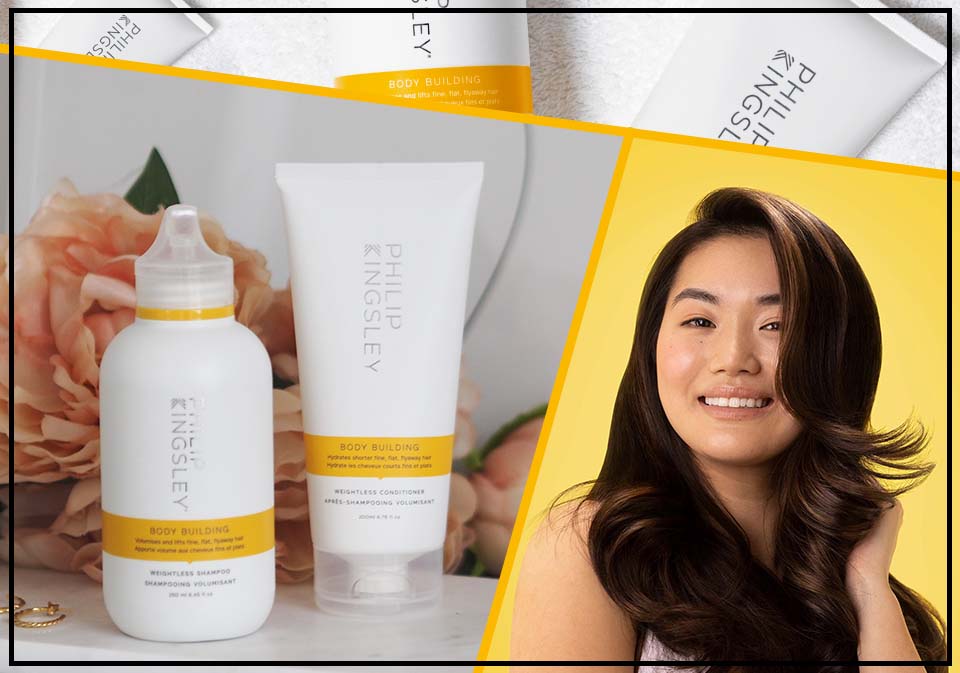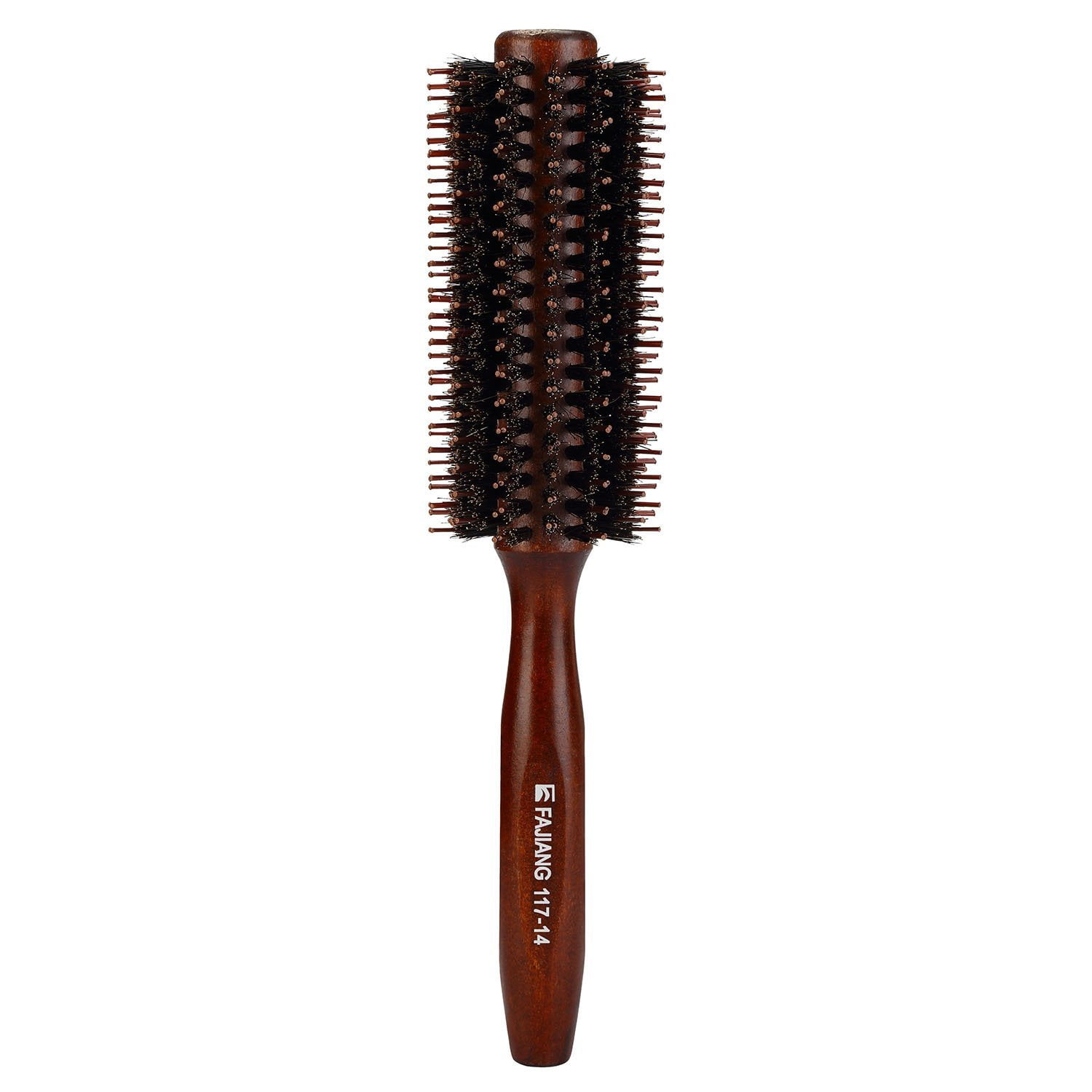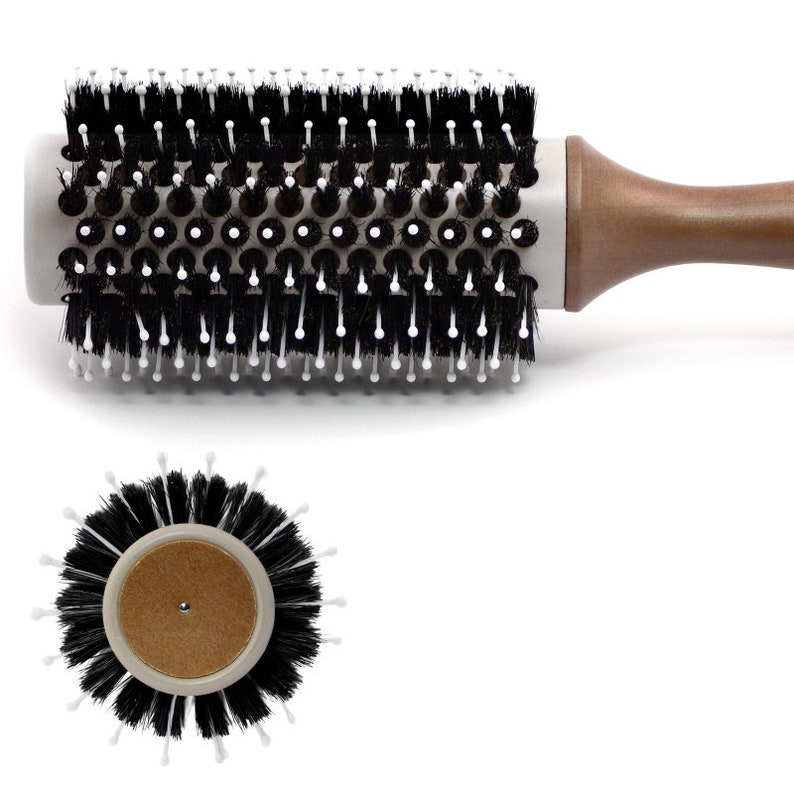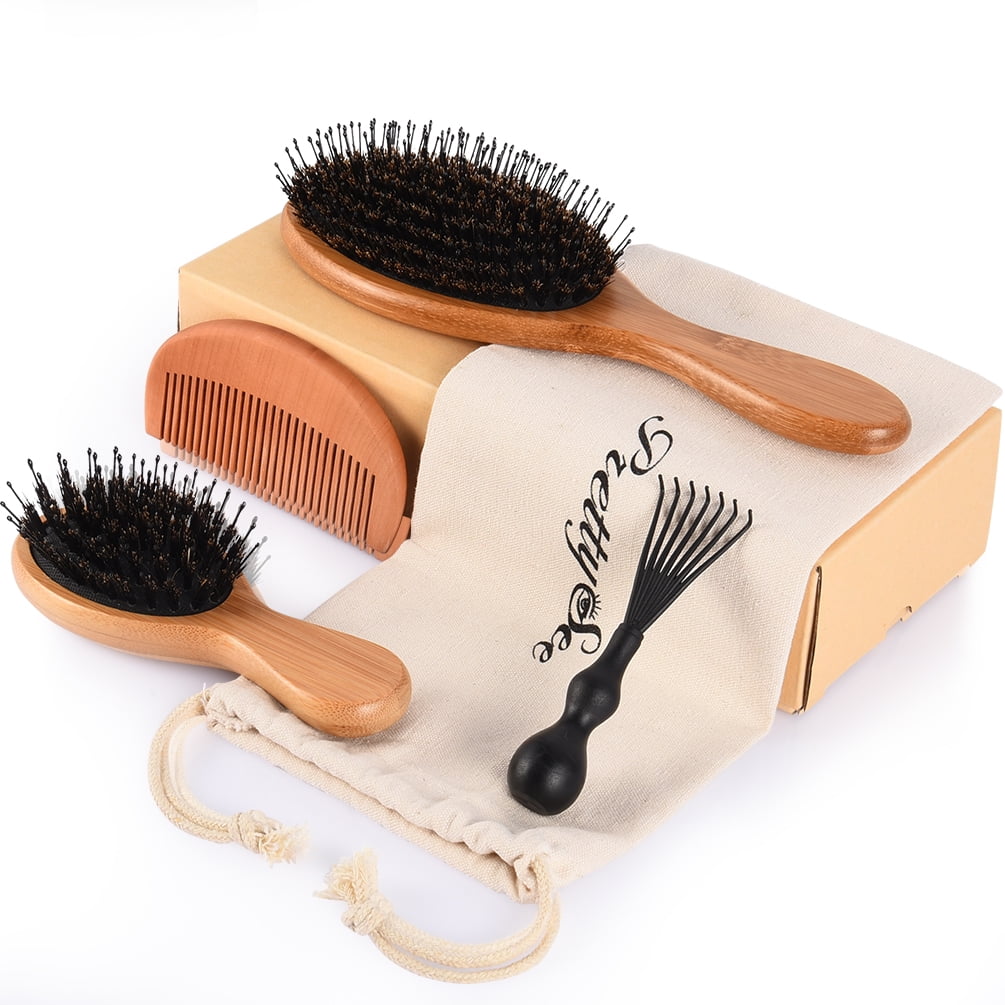Table Of Content

Oily hair types may require washing every 2 to 3 days, but dry hair may only need washing 1 to 2 times per week. Wiley also sees a lot of overuse of shampoo because it's not being emulsified prior to application. "Shampoo is meant to be worked together in your hands before applying. You will use less product, and it will work better for you," she says. "Washing your hair too frequently can strip it of natural oils, leading to dryness," he says. "On the other hand, not washing enough may result in oil and product buildup. I know a lot of people wash their hair daily, but it is not recommended."
What type of water to use
Always wash your hair in the shower as this allows for suds and dirt to rinse away down the length of your hair. It also means conditioner won't end up in your roots and cause them to become oily. The biggest mistake Wiley sees is people applying conditioner to the scalp, especially for medium and fine hair types.
How to Style and Take Care of Jet Black Hair
Pick one that keeps your hair hydrated but effectively cleanses your roots. Not properly rinsing the shampoo and conditioner out of your hair can lead to a whole host of issues, such as scalp buildup, greasy roots, dry hair, and dullness. According to Miranda, your entire hairwash routine should last between ten and twenty minutes, and half of that should be spent rinsing.
Tips For Washing Your Hair
You don't need to wash your hair with shampoo immediately after a workout. "After doing hair for 15 years, I find most people still have a hard time with this very fundamental task," said hairstylist Neil Grupp, who has worked with supermodel Bella Hadid. This gentle-scented mask is free of phthalates, parabens, silicones, gluten, and dyes, so it's perfect for delicate and natural hair.
Choosing the Right Shampoo and Conditioner
However, no matter what conditioner or treatment you use, experts agree that you need to give it time to work. Like your shampoo, your treatment of choice should also be determined by the current needs of your hair. Patterson says, "The key here is to target and customize your treatments. If you want volume at the roots, use a volume treatment there, and then use a repair or hydrating treatment through your mids and ends." Don’t leave your conditioner in for too long, though, or it might be hard to get out and leave residue behind. Depending on how thick or dense your hair is, this might take longer than you think. So let the water flow over your head for at least 1 minute, then run your fingers through your hair to make sure all of it (even the ends) are fully wet.
You might also want to consider getting a post-wash protectant, especially if you’re prone to frizzy hair, and a detangling product if your hair is highly prone to tangling. If you don’t pick the right shampoo, you might end up doing more damage to your hair than good. Baking soda, another home remedy, is also unproven as a shampoo substitute and may actually damage your hair.

For instance, if you have dry hair, look for a moisturizing shampoo and conditioner, like TRESemmé Pro Pure Micellar Moisture Shampoo and Conditioner. This cleansing and moisturizing shampoo uses micellar water to give your scalp a deep cleanse and offers a strong dose of moisture. If your hair gets greasy so fast that you're in the habit of a daily hair wash, then it's likely that you're overwashing your hair. As a rough guide, hairstylist and Maria Nila ambassador Diego Miranda recommends washing hair every two to five days. "Of course, it will depend on your hair and scalp condition, and also the type of lifestyle you have," he adds. "For explample, if you exercise everyday you will feel the need to wash your hair more frequently as the sweat could lead to more grease." Above all Miranda emphasises that the hair and scalp shouldn’t be washed everyday.
Our Recommended Anti-Hair Fall Shampoos and Conditioners
Look for moisturizing conditioners to help keep the ends of your hair from splitting or drying out. Another option is to use a clarifying shampoo weekly to help remove minerals and other buildup from your hair. The fewer times your hair is shampooed, the longer your color will last. If you have color-treated hair, you should use color-protecting products to reduce the amount of color loss with each wash.
Common Hair Washing Mistakes and How to Correct Them

Washing your hair is probably something you don’t give much thought to. But actually, how often you wash your hair - whether it's every day, every other day or once a week, washing your hair correctly can really make a difference to the health of your hair and scalp. "A really common mistake that people make is shampooing the hair and not the scalp," says hairstylist and salon owner Melissa Timperley. "The hair technically doesn’t get that dirty, but it’s the scalp that really makes a difference." Timplerley advises massaging shampoo evenly into scalp focussing it there rather than on the lengths of your hair. "Most importantly, you should avoid rubbing the ends of your hair because that can damage the cuticle," she adds. When you have completely worked out the shampoo, add conditioner to the ends of your hair.
Furthermore, make sure you're taking into account the thickness of the formula and whether it's suited for your hair type. Thick, oily products, for instance, may be too greasy for thin hair or may run the risk of weighing down curls. If you have dry hair, you might want to try rinsing with cold water, because it helps hair stay stronger and healthier. Cold water doesn’t dry out the sebum layer of your hair, a naturally lubricated barrier that protects your hair and keeps it strong.
Should You Wash Your Hair After Every Workout? Here's What Derms Think - Refinery29 Australia
Should You Wash Your Hair After Every Workout? Here's What Derms Think.
Posted: Mon, 15 May 2023 07:00:00 GMT [source]
You’ve got to get the right products for your hair, plus you need to know how (and how often) to use them so you’re not inadvertently making your hair worse. Once you've got those things down, you can say hello to clean, beautiful hair. If you have hard water, though, your hair may eventually have a filmy, dry texture to it. You’ll know you have hard water if you see film buildup around your shower, sink, and faucets. People with naturally oily hair don’t necessarily have to worry about excessive moisture loss from daily shampoo sessions because the sebum (oil) in the scalp will always make up for it.
It's essential to use cold water to close the cuticle since hot water alone can cause frizz, added Potempa. Antoinette Bullock is a hair expert devoted to educating people about how to care for their natural hair. In addition to being a haircare expert for Sally Beauty, she is also a prolific content creator on Instagram, Tik Tok, and Youtube.
"This will avoid tugging and damaging your hair while you're detangling any knots. If you're really struggling, try using a detangling spray to loosen the hair and give it more slip." We’re not telling you that you’re doing the thing you’ve done thousands of times before wrong, just that, much like your burpee technique and your banana bread, there’s probably room for improvement. Sign up to our newsletter and get exclusive hair care tips and tricks from the experts at All Things Hair. Switching up your conditioner will make sure your hair doesn't get too used to any one product. If you have time, try combing the conditioner through the hair to prevent knots, sugggested Grupp. If you can't comb through, Grupp said that's an indicator to use more.
For those with conditions like dandruff, a different approach to hair hygiene may be needed. One of the most frequently asked questions for hairdressers is 'how much shampoo should I use? ', and according to both Timperley and Miranda, this is really important.
So, in an effort to try to streamline and condense my hairwashing routine as much as possible—and without compromising my hair and scalp health—I reached out to the professionals. If you're looking to make wash day easier (maybe, even, enjoyable?), keep scrolling to discover the five hair-washing mistakes experts want us to stop making (and learn how to wash your hair properly). Over time, hard water can dry your hair out and leave it prone to breakage. In severe cases, it can even lead to hair loss if the hard water severely irritates your scalp or if you have a skin condition, such as eczema or psoriasis. Don’t wash your hair every day, or you’ll strip your hair of its natural oils. Washing your hair regularly will promote a healthier scalp by removing dirt, excess oil, and product buildup.












